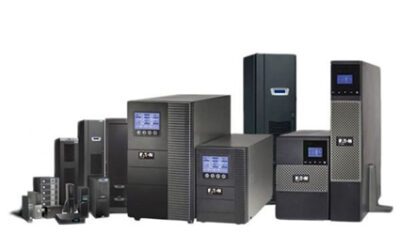Energy Management:
- They manage power from multiple sources, including solar panels, batteries, and the electrical grid.
- They can prioritize solar energy usage, store excess energy in batteries, and supply power to the grid if necessary.
Grid Connection:
- Hybrid inverters allow connection to the utility grid, enabling energy export or import based on demand and system setup.
- They provide backup power during outages if battery storage is available.
Battery Integration:
- Support for energy storage systems allows users to store surplus energy for use during peak demand or grid outages.
- They typically support both lithium-ion and lead-acid batteries.
Smart Features:
- Equipped with advanced monitoring and control systems.
- Many hybrid inverters have Wi-Fi or app-based interfaces for real-time monitoring of energy production, consumption, and battery status.
Efficiency:
By optimizing the use of solar energy and storage, they reduce dependence on the grid, potentially lowering electricity bills.

